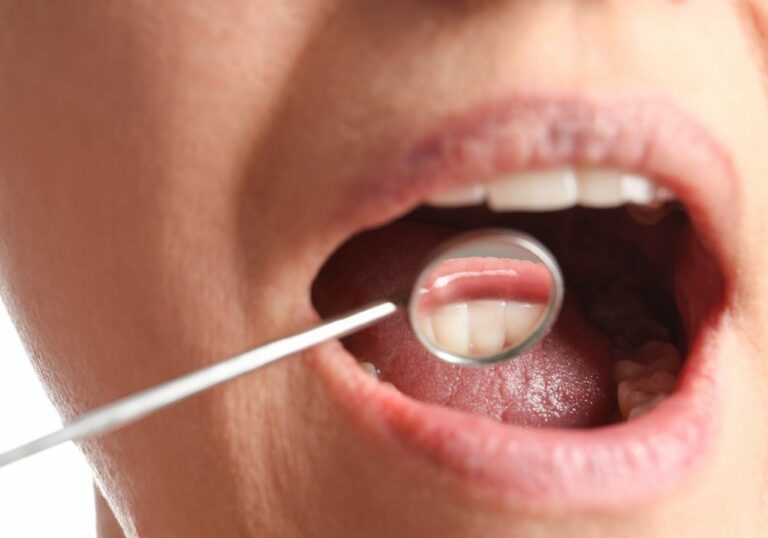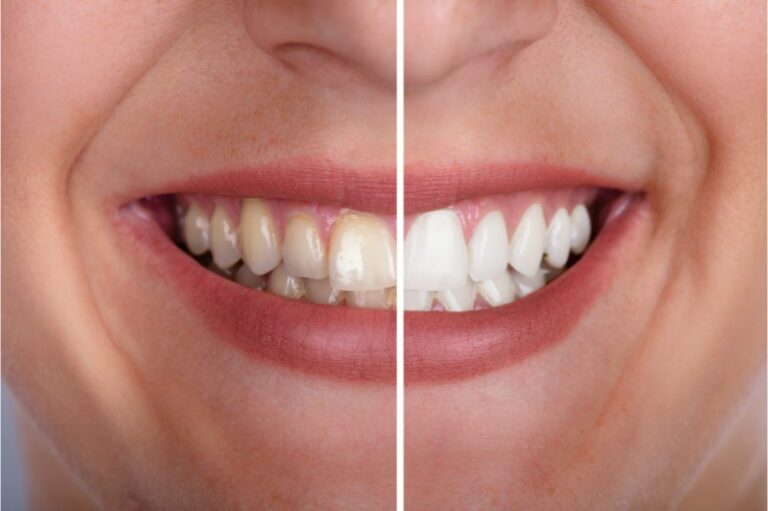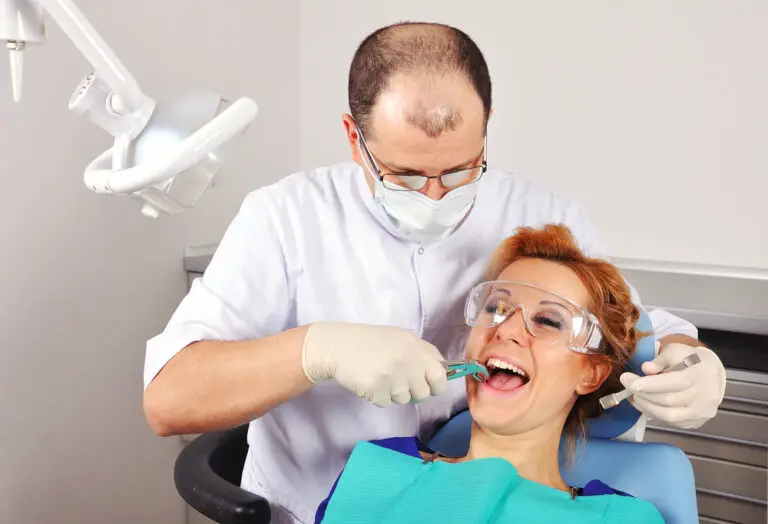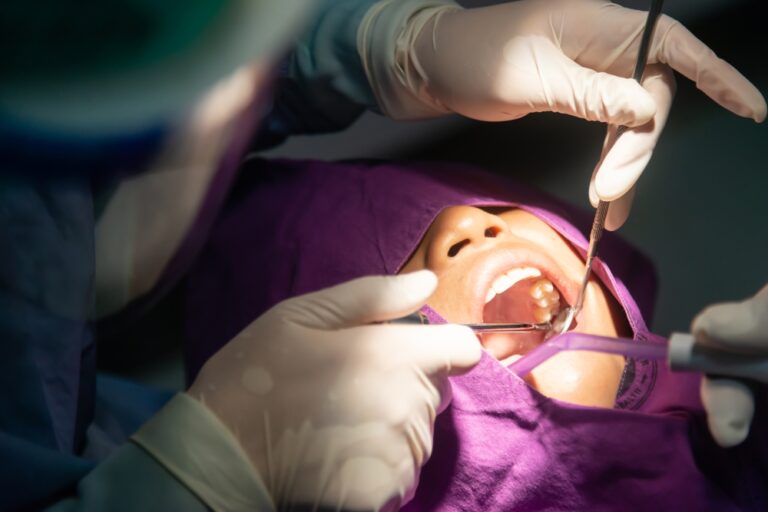Having your wisdom teeth removed is a rite of passage for many young adults. As the last set of molars to erupt, wisdom teeth often cause pain and need to be extracted. But after going through the process of having them surgically removed, many patients are surprised to learn they can’t take their extracted teeth home with them. This leaves many wondering, “Why didn’t they let me keep my wisdom teeth?”
There are several reasons why dentists and oral surgeons do not allow patients to keep their extracted wisdom teeth. This article will examine the most common explanations and help shed some light on this fairly common practice.
Why Can’t I Keep My Teeth After They’re Pulled?
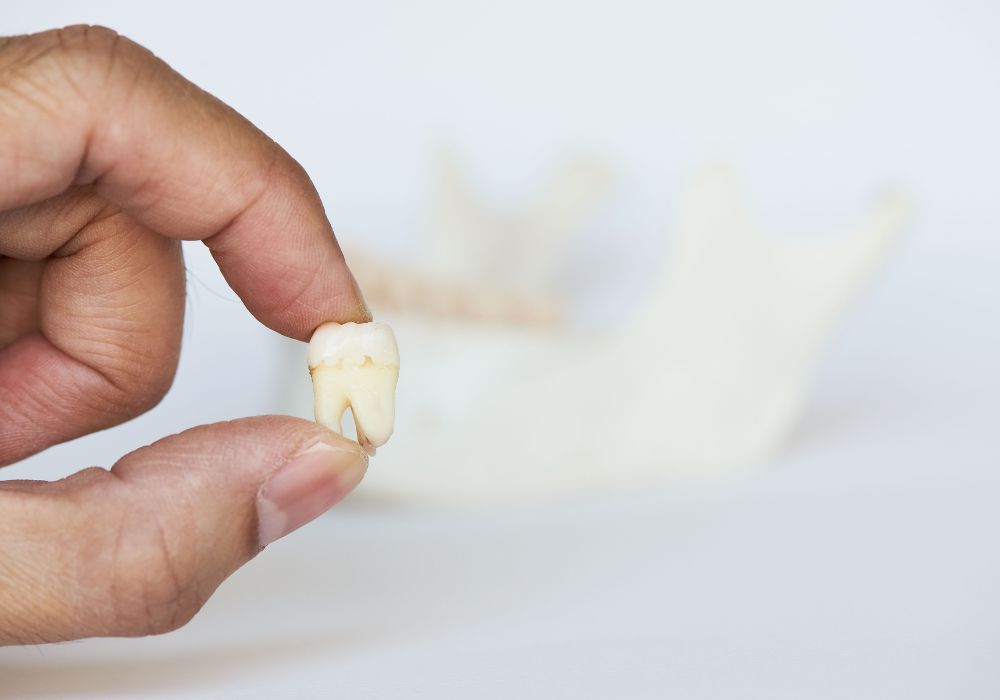
There are a few main reasons why you typically can’t keep your wisdom teeth after they’ve been extracted:
Infection Control
Extracted teeth are considered medical waste that could potentially be infectious. While your teeth may look innocuous enough, they can actually harbor bacteria, viruses and other microorganisms. Your extracted tooth has roots that were embedded in your gums and jaw bone, areas known to contain bacteria.
To prevent the possible spread of infection and for safety reasons, medical waste like tissue, blood and teeth must be properly discarded according to health and safety protocols. Simply handing over an extracted tooth to patients could pose an infection risk.
Legal Concerns
There are legal liability issues as well. Extracted teeth may be considered a biohazard or a choking hazard if improperly discarded. Your dentist wants to avoid any potential issues by safely handling and disposing of the tooth themselves.
Selling Teeth
Believe it or not, there is a market for extracted teeth. Some people buy teeth for educational purposes, novelty value or even occult practices. Due to concerns over potential misuse, selling or providing human teeth may actually be illegal in some areas. Most dentists do not feel comfortable releasing extracted teeth.
Patient Safety
More importantly, there are risks to the patient themselves. If an extracted tooth is not properly sterilized before being handled, patients could expose themselves to infection by touching the tooth. Oral surgeons also want to prevent any accidental falls or injuries caused by unsecured teeth.
Limited Value
From the dentist’s perspective, an extracted tooth has limited diagnostic value once removed. Dental professionals are able to gain the information they need by visually examining teeth at the time of extraction. Generally there are no practical reasons to keep extracted wisdom teeth for further testing.
It’s Unusual
Finally, keeping extracted teeth is an unusual request that oral surgeons are not readily equipped to accommodate. The standard protocol is for tissue and teeth to be safely discarded as medical waste. Making special accommodations is time consuming and requires staff training for proper handling and release of extracted teeth.
Most patients realize the practice of taking extracted teeth home is uncommon. While they may be curious about keeping their teeth, they understand not allowing this is standard policy.
Are There Any Exceptions?
While most oral surgeons follow similar protocols, there may be some exceptions where patients are permitted to keep their extracted wisdom teeth:
- Education or Research – Some dental schools and research facilities may allow teeth to be kept for educational purposes or research. This is rare and usually requires pre-approval and liability waivers.
- Religious Reasons – Certain religious faiths place spiritual importance on burying organs together after death. In these special cases, wisdom teeth may be released if requested in advance.
- Financial Reason – There is a market for selling extracted teeth, especially in certain countries. If the patient expresses interest in selling their teeth, some dentists may permit them to keep their wisdom teeth. This practice raises ethical concerns.
- Patient Appeals – If a patient makes an emotional appeal about wanting to keep their wisdom teeth for sentimental reasons, occasionally dentists will make exceptions. However this is fairly uncommon.
So while there are some exceptions in special circumstances, most dentists follow standard protocols prohibiting patients from keeping their wisdom teeth after surgical extraction.
Regulations About Extracted Toeth Disposal

There are several regulations healthcare providers must adhere to when handling extracted teeth and other medical waste:
OSHA Bloodborne Pathogen Standard
The Occupational Safety & Health Administration (OSHA) classifies extracted teeth as potentially infectious material and has established standards for their safe handling and disposal. Healthcare professionals could face fines for improperly disposing of medical waste like teeth.
EPA Medical Waste Tracking Act
The Environmental Protection Agency (EPA) regulates the proper disposal of medical waste with its Medical Waste Tracking Act. Teeth extracted in a dental office would be subject to these tracking and disposal regulations.
State Dental Board Requirements
Individual state dental boards often establish sanitation requirements for safely handling tissue specimens like extracted teeth. Dentists must comply with any special disposal regulations mandated in their state.
OSHA, EPA, and state dental boards collectively regulate how dentists must properly handle and dispose of extracted wisdom teeth through established standards.
Why Do We Even Have Wisdom Teeth?
You may be wondering why we even have wisdom teeth, especially since they so often become impacted and require extraction. So what purpose do these third molars serve? Here’s a quick look at why humans have wisdom teeth:
- Evolved for function – In the distant past, humans had to chew coarser, grittier foods. The extra molars helped grind down and process these foods.
- Jaws were larger – Modern human jaws have become smaller while teeth have remained largely the same size. This disproportion leads to crowding and impaction.
- No longer essential – Dietary changes and food processing methods have made wisdom teeth unnecessary for most individuals. We no longer rely on these vestigial third molars in the modern age.
- Most commonly impacted – Partly emerged wisdom teeth often become impacted or misaligned and can no longer function properly. This causes pain and swelling.
- Frequently removed – Impaction is so common that many wisdom teeth are preventatively extracted in young adults to avoid future problems.
So in a time when coarse vegetation had to be chewed with brute force, wisdom teeth served an evolutionary purpose. But as diets and food preparation changed, these vestigial molars are often more trouble than they’re worth.
The Wisdom Tooth Extraction Procedure
If your dentist determines your wisdom teeth need to be removed, you’ll likely undergo a surgical extraction procedure. Here’s an overview of what to expect:
Before Extraction
Your dentist will evaluate your teeth via x-rays, examine your mouth, and discuss options to determine if extraction is indicated. You’ll be given preparation instructions such as avoiding eating or drinking before surgery.
Anesthesia
The oral surgeon will administer local anesthesia via injections to numb the area around your wisdom teeth. Some patients may receive IV sedation for a deeper level of anesthesia and relaxation.
Extraction Process
The surgeon will make incisions in your gums and gently loosen and remove bone tissue surrounding the wisdom tooth. They will rock the tooth back and forth while carefully pulling until it is fully extracted.
Closure
Once all wisdom teeth are removed, your gum tissue will be stitched closed. Strips of gauze will be placed to bite down on to stop bleeding.
Recovery
You will rest for a period of observation before being cleared to go home. Over the next week you will have swelling, bruising and moderate pain as your mouth recovers. Stitches usually dissolve within a week.
Recovery Tips After Wisdom Tooth Removal
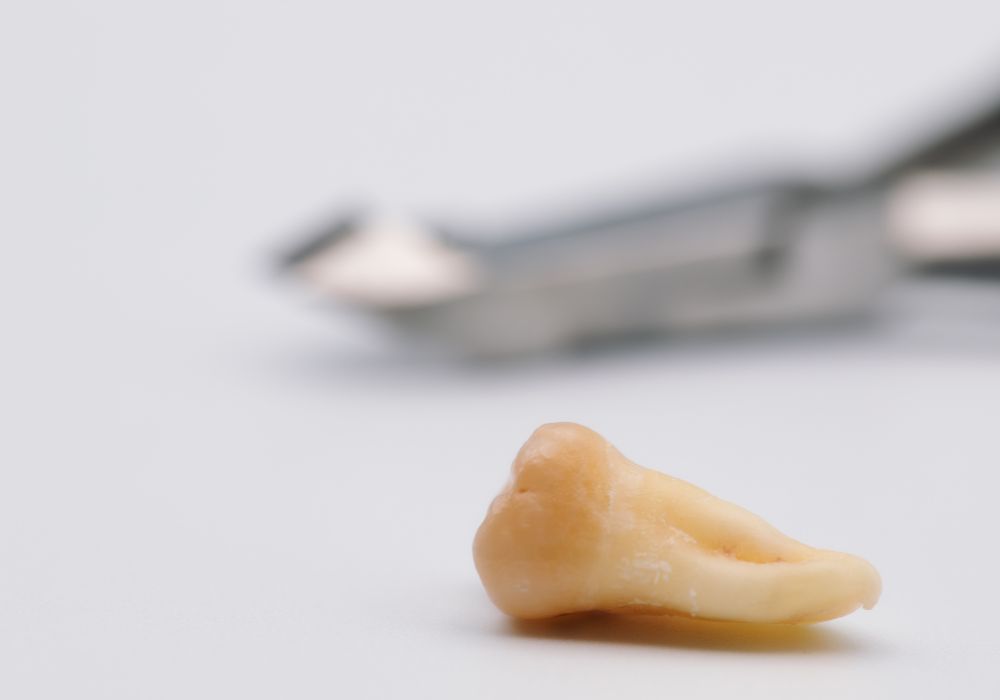
Recovering from wisdom tooth extraction can take some patience. Proper aftercare is important as your mouth heals. Here are some tips for a smooth recovery:
- Rest – Take it easy and avoid strenuous activity while your mouth is healing. Give your body adequate rest.
- Ice packs – Applying ice can reduce swelling and inflammation. Use bags of ice wrapped in cloth for 15-20 minutes at a time.
- Pain relievers – Over-the-counter medications like acetaminophen and ibuprofen can help relieve postoperative pain and discomfort.
- Oral hygiene – Gently rinse with saltwater to keep your mouth clean, but avoid aggressive brushing near the stitches.
- Soft foods – Stick to a soft food diet while mouth is tender. Foods like applesauce, yogurt and mashed potatoes are good choices.
- No straws – Avoid using straws, which create suction and can dislodge blood clots.
- Check stitches – Monitor stitch sites and contact your oral surgeon if you have concerns. Stitches typically dissolve within 5-10 days.
- Prescriptions – Take any prescribed antibiotics or other medications exactly as directed to prevent complications.
Proper oral care and limiting activities during recovery can help your mouth heal quickly after wisdom tooth removal surgery. Be sure to schedule recommended follow-up appointments with your dentist.
Frequently Asked Questions About Extracted Wisdom Teeth
Here are answers to some common questions patients have about their extracted wisdom teeth:
Can I see my extracted wisdom teeth?
No, you won’t be able to see or take home your extracted wisdom teeth. They are disposed of as medical waste due to infection concerns.
What do dentists do with extracted teeth?
Extracted teeth are placed in medical waste containers and disposed of through regulated channels, often via incineration. Teeth cannot simply be thrown in the trash.
Do dentists keep extracted teeth?
Dentists do not keep extracted teeth for any sort of collection purposes. They are immediately discarded as biohazard materials according to standard protocols.
Can I buy my extracted wisdom teeth?
No, dentists will not allow patients to purchase their extracted wisdom teeth due to liability issues and ethical concerns over selling biological materials.
What if I want them for religious reasons?
In certain cases where wisdom teeth hold special religious significance, exceptions may be made if protocols are followed. But these cases are very rare.
Final Thoughts
Having your wisdom teeth surgically extracted is a common procedure many young adults undergo. While you may be curious to see your extracted teeth, standard infection control protocols prohibit dentists from releasing teeth after extraction.
Your oral surgeon wants to avoid any contamination or liability issues that could arise from improperly handled biological materials. Wisdom teeth are immediately discarded as medical waste that must be regulated and tracked.
While you may not get to keep your extracted third molars, understanding why dentists follow these tooth disposal policies can offer some wisdom on the matter!

